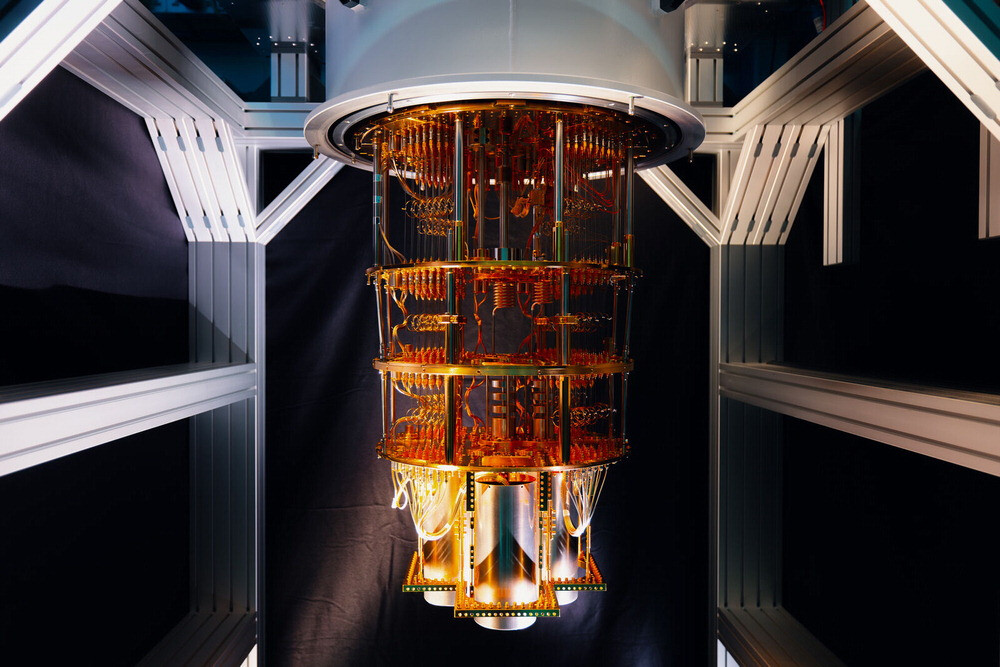
Seoul, South Korea - Yonsei University has made history by becoming the first institution in South Korea to install a quantum computer. This powerful machine, capable of performing calculations at speeds far beyond classical computers, is expected to revolutionize fields such as drug discovery and materials science.
The IBM Quantum System One, installed at the university's Quantum Computing Center in Songdo International Campus, was unveiled on [date]. This 127-qubit quantum computer is one of the most advanced systems available today and has the potential to solve complex problems that are intractable for conventional computers.
Quantum computers leverage the principles of quantum mechanics, allowing them to perform multiple calculations simultaneously. Unlike classical bits, which can represent either a 0 or a 1, qubits can exist in a superposition of states, meaning they can represent both 0 and 1 at the same time. This quantum property enables quantum computers to process vast amounts of information exponentially faster than classical computers.
"A 127-qubit quantum computer can perform 2^127 calculations simultaneously, which is more than the number of stars in the universe," said Jeong Jae-ho, director of Yonsei University's Quantum Business Unit.
One of the primary applications for this new technology is in the field of drug discovery. By simulating the interactions between molecules at the quantum level, researchers can accelerate the process of identifying potential drug candidates. "Quantum computing can significantly reduce the cost of drug development," said Jeong. "For example, a single dose of Pfizer's hemophilia gene therapy costs 4.6 billion won. With quantum computing, we could potentially develop drugs at a fraction of that cost."
While quantum computers hold immense promise, there are still significant challenges to overcome. These machines are extremely sensitive to their environment and are prone to errors. However, IBM has set an ambitious goal of developing a fault-tolerant quantum computer by 2029.
Yonsei University plans to use its quantum computer to address a wide range of challenges, including those in the fields of materials science, chemistry, and artificial intelligence. The university also aims to establish a collaborative ecosystem where researchers, industries, and startups can leverage the power of quantum computing.
With the installation of this quantum computer, South Korea has joined a select group of nations at the forefront of quantum technology, positioning itself to play a leading role in the quantum computing revolution.
[Copyright (c) Global Economic Times. All Rights Reserved.]






























